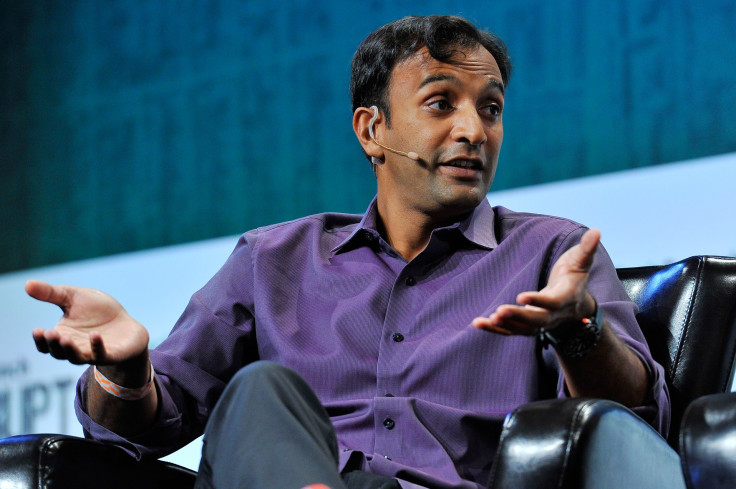White House Cybersecurity Advisors Quit To Protest Trump's Inattention

Just days after President Donald Trump elevated the status of military cyber operations, around a quarter of the National Infrastructure Advisory Council’s cybersecurity advisors resigned to protest the Trump administration’s approach to security threats.
According to Fortune, veteran advisors who left the 28-person council include former Office of Science and Technology Policy Chief of Staff Cristin Dorgelo and former U.S. Chief Data Scientist DJ Patil. Their resignation letter cited concerns about the Trump administration undermining the nation’s “moral infrastructure,” including “insufficient attention” to real threats.
I can confirm, that I have resigned as a member of the National Infrastructure Advisory Council. Critical infra needs to be taken seriously https://t.co/5GvMWxHoN6
— dj patil (@dpatil) August 22, 2017
The remaining members published a report urging the White House to take dramatic steps to ward off potential cybersecurity threats, including potential weak spots in national infrastructure. However, the resignation letter harped on several themes the report left out, from the racial tension surrounding the Charlottesville attack and threats to “the systems supporting our democratic election process.”

According to the nonprofit fact-checking organization Politifact, homegrown terrorism is a more pervasive threat to national security than foreign-born extremists.The majority of jihadist terrorists in the United States are American citizens or legal residents, including white supremacists.The FBI and Department of Homeland Security issued a warning in May that white supremacist groups have carried out more local attacks than any other domestic group and were expected to present a growing security risk in the upcoming year. Yet the White House’s current strategy ignores the online presence of white nationalists and Russian cyber attacks on the U.S. electoral system. A monomaniacal focus on cyber warfare with group like the Islamic State could leave the U.S. vulnerable to other threats.
White House Council on Environmental Quality Managing Director, Christy Goldfuss, was among the group of cybersecurity experts who resigned in August. The Trump administration did not comment on the former advisors’ reason for leaving. Instead, they implied it was a move tied to political loyalties. “We can confirm that a number of members of the NIAC who had been appointed under the previous administration have submitted their resignation,” the White House said in a statement to Reuters.
Meanwhile, Republican Sen. John McCain has criticized the administration’s “weak” leadership despite promises to beef up cybersecurity policy with a holistic, centralized approach. Wired reported the White House tech team is understaffed overall, with the Office of Science and Technology employing just 40 people so far under Trump, compared to around 130 employees under former President Barack Obama.
“I’m not willing to have my name publicly associated with the White House,” one Silicon Valley engineer told Wired after he was approached by the Trump administration about job opportunities. It appears ongoing controversies will make these outgoing cybersecurity experts even harder to replace.
© Copyright IBTimes 2024. All rights reserved.



















